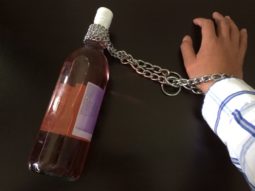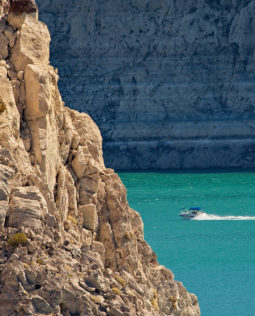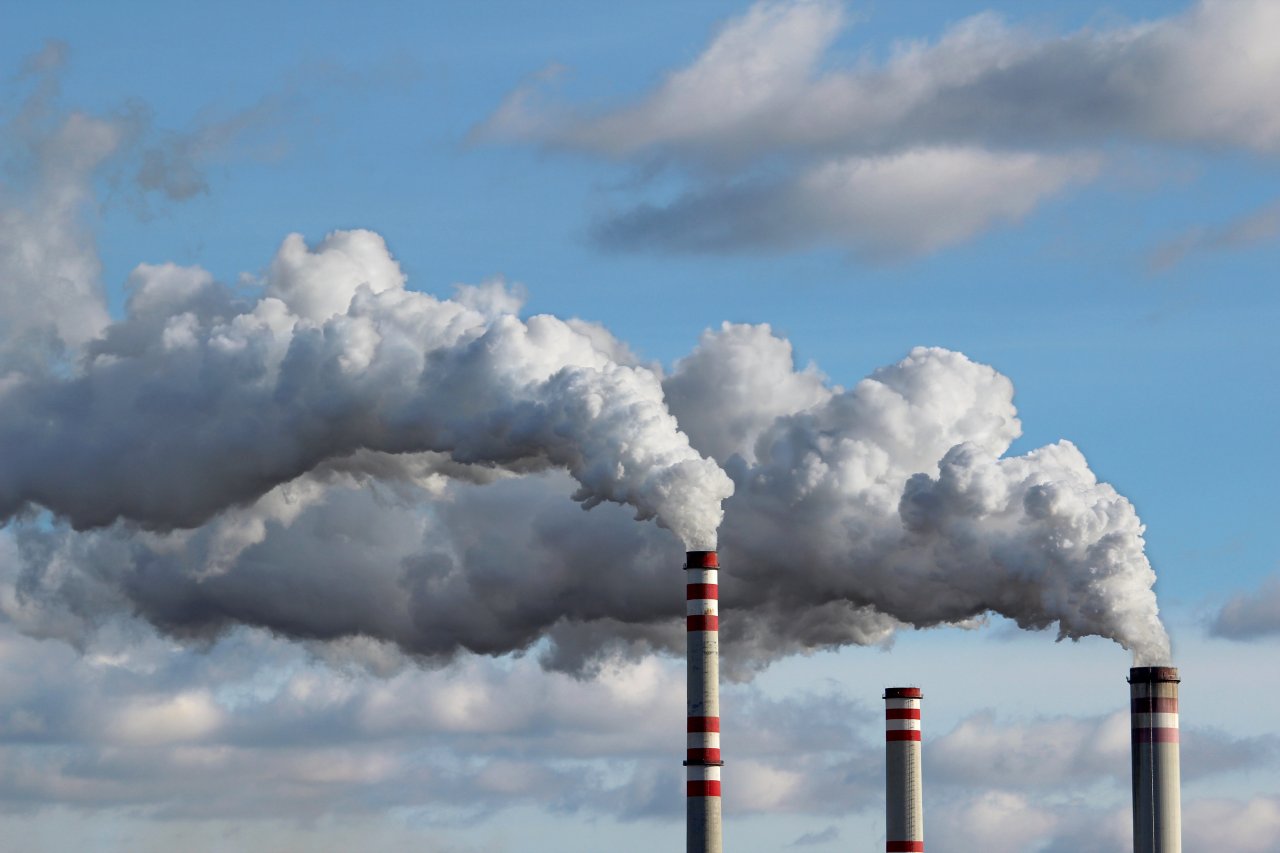 Pollution Impacts on Gut Microbiome (starts at 1:00) The Environmental Protection Agency has downgraded the air quality in the Denver Metro and Northern Front Range area to “severe” nonattainment for ground level ozone. Shannon Young talks with Dr. Tanya Alderete (University of Colorado Integrative Physiology Department) about a recent study showing how air pollution may also affect the gut microbiome in people as young as infants.
Pollution Impacts on Gut Microbiome (starts at 1:00) The Environmental Protection Agency has downgraded the air quality in the Denver Metro and Northern Front Range area to “severe” nonattainment for ground level ozone. Shannon Young talks with Dr. Tanya Alderete (University of Colorado Integrative Physiology Department) about a recent study showing how air pollution may also affect the gut microbiome in people as young as infants.
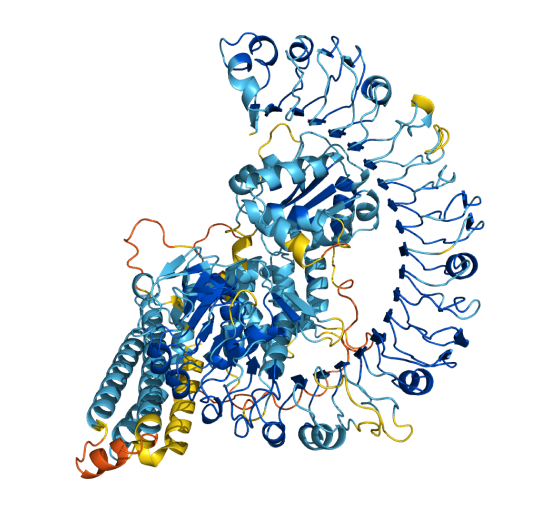 Folding Proteins (starts at 15:53) Proteins are essential for the function of our bodies and other biological systems. One mystery is how proteins containing hundreds of amino acids are able to quickly and efficiently fold into the necessary complex structures. How on Earth’s Shelley Schlender talks with Dr. Larry Gold about this origami mystery and how the Deep Mind artificial intelligence consortium created the AlphaFold program, which predicts the 3D structure of proteins and won a Breakthrough prize. Also check out this presentation about identification of protein structures given by Dr. Krzysztof Fidelis.
Folding Proteins (starts at 15:53) Proteins are essential for the function of our bodies and other biological systems. One mystery is how proteins containing hundreds of amino acids are able to quickly and efficiently fold into the necessary complex structures. How on Earth’s Shelley Schlender talks with Dr. Larry Gold about this origami mystery and how the Deep Mind artificial intelligence consortium created the AlphaFold program, which predicts the 3D structure of proteins and won a Breakthrough prize. Also check out this presentation about identification of protein structures given by Dr. Krzysztof Fidelis.
Host: Joel Parker
Show Producer: Joel Parker
Executive Producer: Beth Bennett
Feature Contributors: Shannon Young, Shelley Schlender
Listen to the show here:
Podcast: Play in new window | Download (Duration: 27:00 — 37.1MB)
Subscribe: RSS



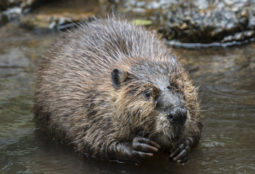
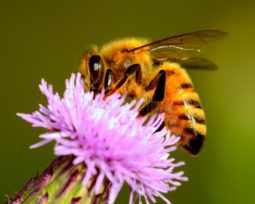 On today’s show Beth talks to Prof Michael Breed about honeybees. Sure, there is a little on their decline which is concerning to all of us, but we focus on many remarkable aspects of their biology. If you want to go deeper, you can visit
On today’s show Beth talks to Prof Michael Breed about honeybees. Sure, there is a little on their decline which is concerning to all of us, but we focus on many remarkable aspects of their biology. If you want to go deeper, you can visit 
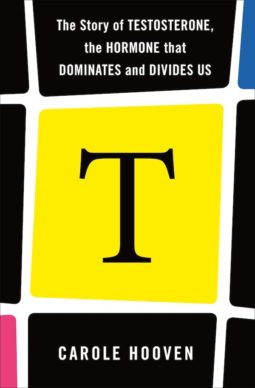 ON this week’s show, Beth talks with Carole Hooven about her new
ON this week’s show, Beth talks with Carole Hooven about her new 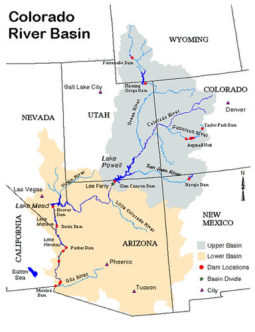 Colorado River Basin Crisis Pt. II (start time: 6:19): This week’s How On Earth show focuses on the implications and future prospects after the federal government in June ordered the seven Western states that rely on the river to come up with a plan to save trillions of gallons of water from the shrinking river) — and after the August 15 deadline came and passed without a deal. (Here’s the Bureau of Reclamation’s
Colorado River Basin Crisis Pt. II (start time: 6:19): This week’s How On Earth show focuses on the implications and future prospects after the federal government in June ordered the seven Western states that rely on the river to come up with a plan to save trillions of gallons of water from the shrinking river) — and after the August 15 deadline came and passed without a deal. (Here’s the Bureau of Reclamation’s 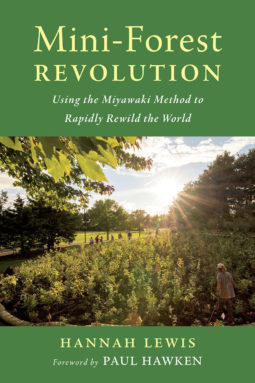 In this week’s How on Earth, we look at 3 aspects of climate change: its role in disease incidence and transmission; some effects of the new climate change legislation; and how ‘micro-forests’ can mitigate temperature and water loss. The latter comes from an interview with author Hannah Lewis and her book
In this week’s How on Earth, we look at 3 aspects of climate change: its role in disease incidence and transmission; some effects of the new climate change legislation; and how ‘micro-forests’ can mitigate temperature and water loss. The latter comes from an interview with author Hannah Lewis and her book 
